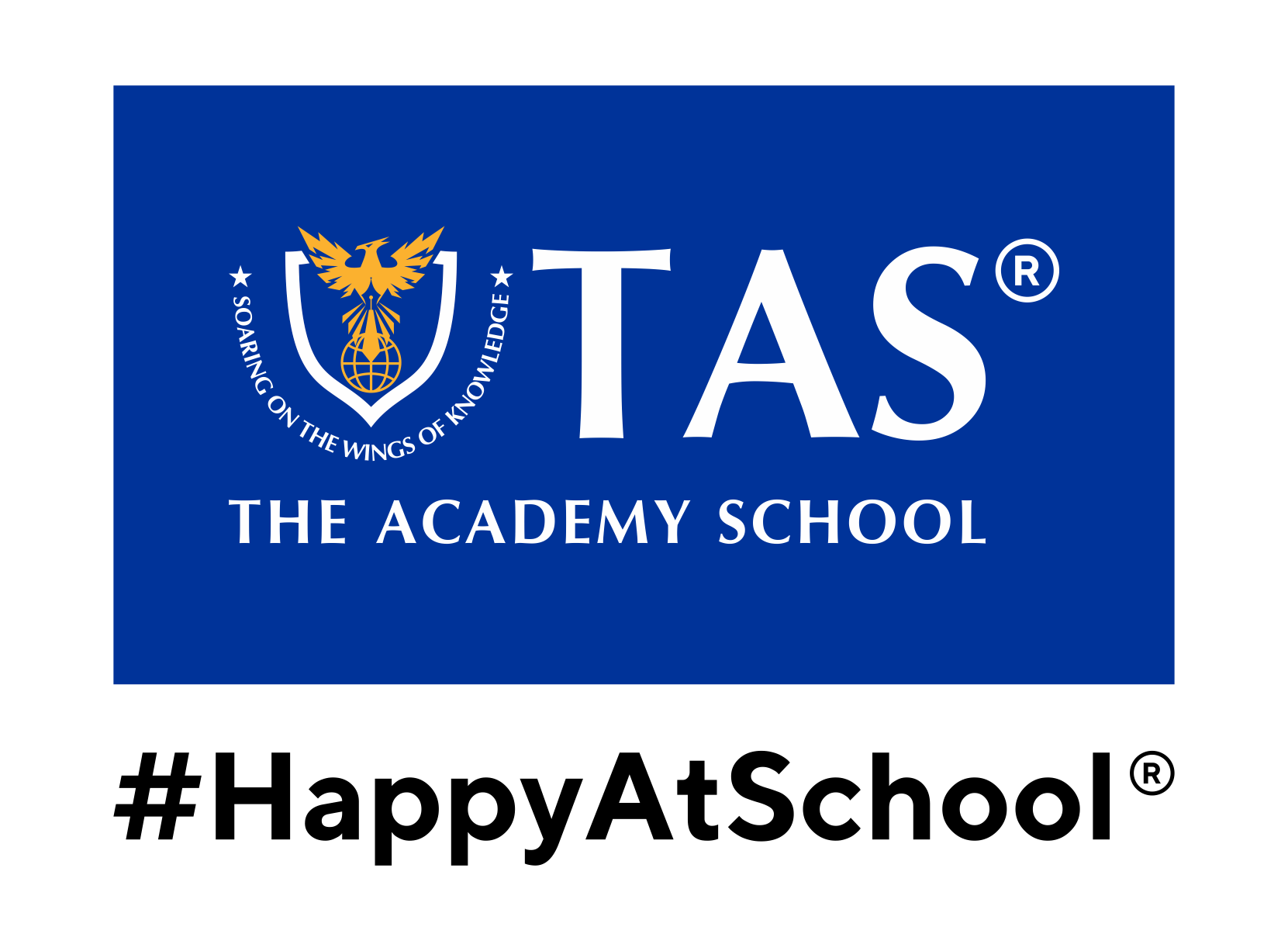Middle School
At TAS, our Middle School Learning Program focuses on setting the building blocks for higher education. We ensure that students cover the essentials of course outline with a focus on developing their self-goals and the roadmap for future. It is our constant effort that every student’s dream and individual aspirations are met with a practical guideline. Our counselor based modules help kids not only learn better but also focus on the miniscule details that motivate them to achieve their dreams.
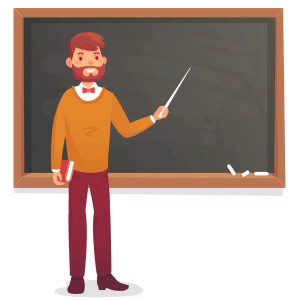
English – Inculcating communication and self-expression
- Developing language skills among children.
- Making them think about themselves and the society, and allowing the children to enjoy the beauty of the language.
- Exposing children to the rich use of language.
- Introducing the children to a range of writing such as story, biography / autobiography, letter, poetic drama, different genres of poetry and so on.
- Enriching the repertoire of children and introducing them to different registers of language through non-literary texts such as reports, articles and so on.
- Developing creative expression, and sensitization to local and global issues through imagination which plays a vital role in literary writing.

Mathematics – Building problem-solving and critical thinking skills
- Mathematical concepts are hierarchical in structure. So in TAS, the concepts that were taught in primary classes are explained in an elaborated manner in middle school.
- Introduction to bigger numbers is done gradually. The students acquire basic mathematical skills and knowledge such as measurement, relationship between objects and location in a three dimensional space, handling money, recording and interpreting numerical and graphical data which they can apply in their daily life.
- Combining examples, videos, worksheets, drilling of tables in the class and regular recaps to help the students attain a firm grasp on the basics of mathematics.
- Weekly Mental Math helps the students to acquire speed and sharpen their intellect.
- Solving word problems sharpen their reasoning ability, logical, critical and analytical thinking as well as computational skills.
- Building a strong foundation for the students that enables them to understand more complex mathematical concepts in secondary classes.
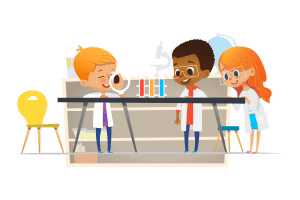
Science – Igniting curiosity and love for experiential learning
- Learning through the environment by using various environmental objects, places, plants, animals, etc. as learning resources in the learning process.
- Relating Science learning to the daily life experiences of children.
- Emphasising on learning through ‘hands-on-activities’ by using locally available materials and conditions as learning resources.
- Encouraging children to explore and use varied resources so that they can establish a relationship between the content learnt in class and its relevance in and to their daily life.
- Using laboratory resources to scientific temper, curiosity, analytical and critical thinking and synthesis of ideas and concepts.
- Ensuring a smooth transition from primary to secondary school by dividing science into three branches-Physics, Chemistry and Biology.
- Learning through Power Point Presentations, Videos and Projects to concretise abstract concepts.
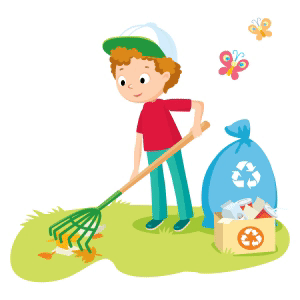
Social-Studies – Building conscious, and responsible citizens
- Learning through dramatization/role play about the past and present by creating a sense of historical diversity.
- Relating History/Civics/Geography learning to the daily life experiences of children.
- Emphasising on learning through ‘hands-on-activities’ by using locally available materials and situations as learning resources.
- Encouraging children to explore and use varied resources so that they can establish a relationship between the content learnt in class and its relevance in and to their daily life.
- Learning through Power Point Presentations, Videos and individual and group projects.
- Learning about the various skills of map reading, gaining awareness about their environment and its conservation.
- Students become more pragmatic in nature. Hands on learning adds to their creativity quotient.
- Making diagrams, colourful mind maps and locate places on maps.
- Overall emphasis is given in kinaesthetic development of the students.
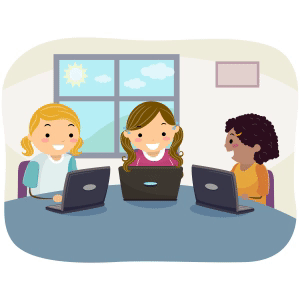
Computers – Building futuristic skills
- Learning the importance of computer and understand how it is an integral part of life.
- Learning about the hardware and software devices.
- Becoming familiar with different operating systems, software applications, utility software, and specific purpose software and general purpose software. The study of computer increases self-esteem and self-confidence in a child.

हिन्दी
- संयुक्ताक्षरों एवं संयुक्त व्यंजनों का उच्चारण तथा लेखन, वर्ण-विच्छेद, विविध विधाओं में
दी गई सामग्री का पठन करवाना - अध्ययन पर आधारित कल्पनाशक्ति और अध्ययन कौशल को बढ़ावा देना
- गतिविधियों, परियोजना निर्माण तथा व्याकरण द्वारा सुनने, बोलने, पढ़ने, लिखने, अर्थबोध
के कौशल, चिंतन का निरंतर विकास करना - चित्रवर्णन, अनुच्छेद-लेखन, कहानी, निबंध एवं पत्रलेखन के माध्यम से रचनात्मकता एवं
सृजनात्मकता की वृद्धि करना - हिन्दी की मौलिक कथाओं, कहानियों एवं कविताओं द्वारा मानवीय मूल्यों का बोध
करवाते हुए जीवन जीने की कला सिखाना - ज्वलंत समस्याओं तथा स्वास्थ्यवर्धक आदतों पर विशेष बल देना
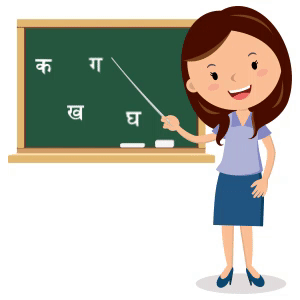
मराठी
- भाषा शिक्षण हा कुठल्याही भाषेच्या संवर्धनातील महत्वाचा भाग असतो. महाराष्ट्रातील
प्रत्येकालाच मराठी भाषेचे ज्ञान असावे आणि इंग्रजी माध्यमांच्या शाळेत ही मराठीचा भाषेचा दर्जा कायम राहावा; हा मराठी शिकवण्या मागचा हेतु आहे. - भाषिक कौशल्यविकसन आणि पाठय मजकुराचे आकलन याबरोबरच विद्यार्थ्यांना
मिळालेल्या ज्ञानाची प्रत्यक्ष जीवन व्यवहाराशी सांगड घालायला शिकवणे. - व्याकरणाद्वारे मराठीत होणारे बदल सांगणे, वाक्यरचना, प्रश्नोत्तरे, व्याकरण वाचन तसेच
लिखानाद्वारे वाचन आणि लिखाणाचा विकास करणे.
